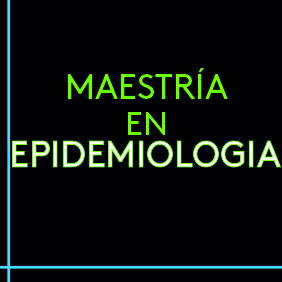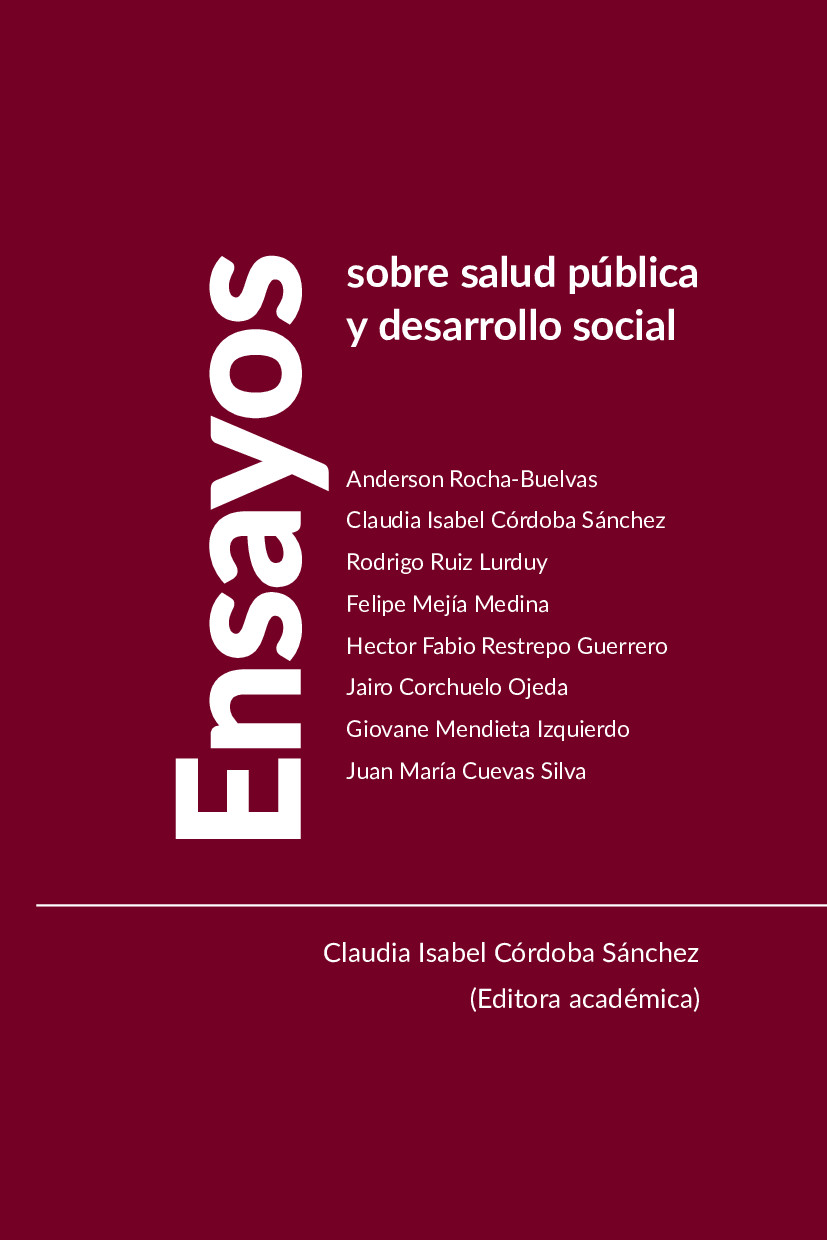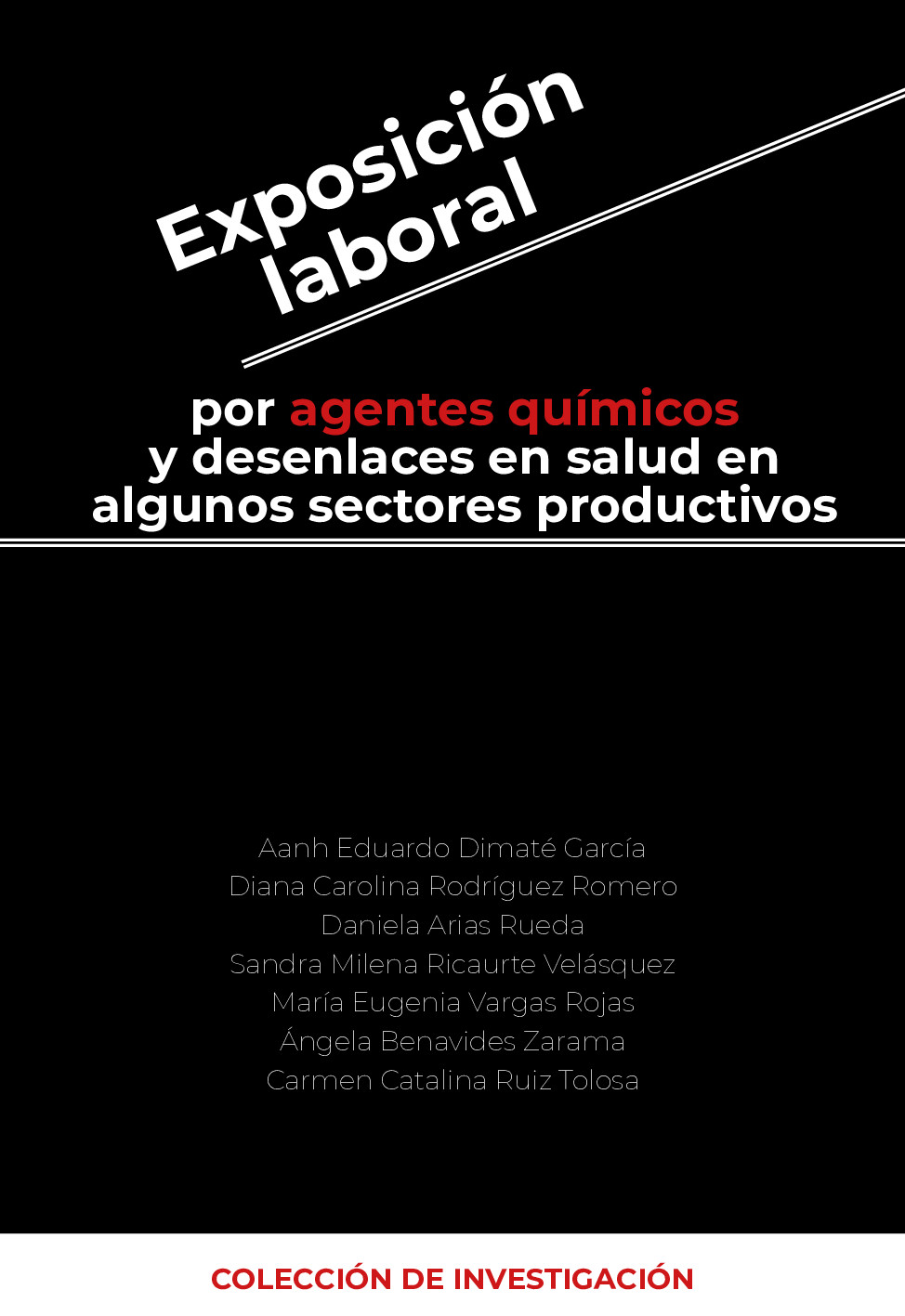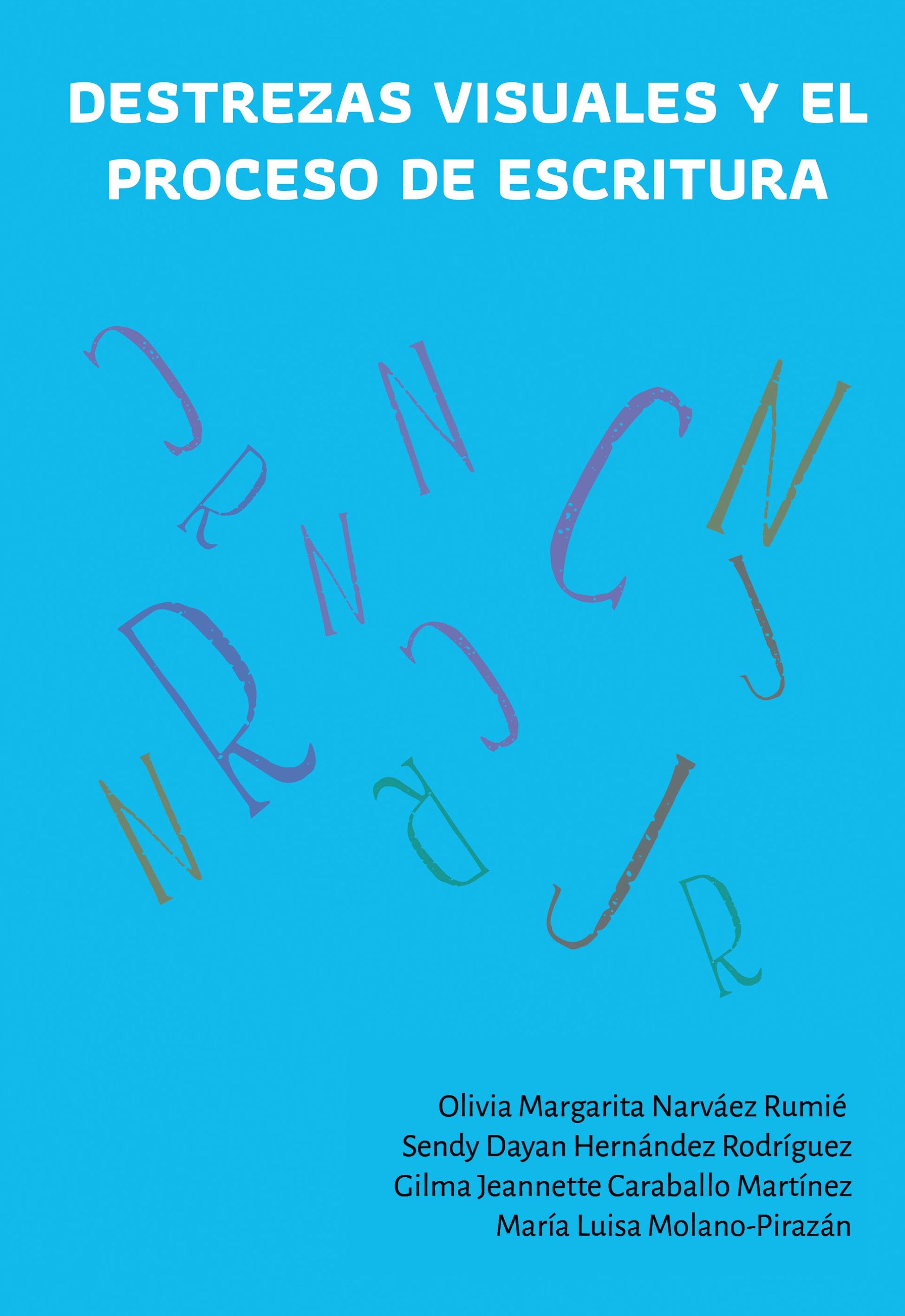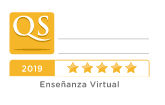Ver / Descargar
How to Cite
Baena Herrera, D. M., Fajardo Trochez, A. M., Flórez Amaya, J. W., & Cardona-Arias, J. A. (2019). Prevalence of Intestinal Parasitism and Associated Factors in Indexed Papers in Colombia: Systematic Revision 2000-2017. Revista Investigaciones Andina, 21(39), 97-115. https://doi.org/10.33132/01248146.1558
More Citation Formats
Abstract
Introduction: In Colombia, intestinal parasitic infections are a public health problem which has little research, even with its relevance as a poverty tracer. Objective: To analyze the prevalence of intestinal parasitism and associated factors in indexed papers in Colombia 1990-2017. Method: Systematic revision of scientific literature through carrying out an ex ante protocol to select articles with 40 strategies, according to identification phases, screening, election and inclusion of prism. Reproducibility of article selection and information extraction was guaranteed. Methodological quality was evaluated with the Strobe guide. General and specific prevalences were estimated according to parasitic agents, ethnicity and age. Results: 20 studies with 4.226 subjects were included, mainly in Antioquia, in Mestizo children. The general preva-lence was 65.9 % (CI of 95 % = 64.5 - 67.4), with a 38.2 % (CI of 95 % = 36.3-40.0) of polyparasitism and 19.1 % (CI of 95 %=16-2 -21.9) for pathogenic species. Most prevalent infections are Blastocystis hominis with a 34.0 % (CI of 95
% = 32.5 - 35.6), E. coli 27.4 % (CI of 95 % = 25.8 - 29.0), E. nana 26.2 % (CI of 95 % = 24.6 - 27.7) and E. histolytica/dispar/moshkovski 15.1 % (IC of 95% = 13.9 - 16.3); while less species where E. hominis, C. cayatenensis, E. vermicularis y T. hominis. The infection was 23.6 % higher in indigenous children, compared to Mestizo children. Adults did not register any statistical difference in terms of ethnicity. Conclusion: Research published in indexed journals show an elevated prevalence of global intestinal parasitism, as well as the high frequency of certain species. In the case of Colombia, papers refer to multiple factors associated to poverty, material life conditions and sociodemographic aspects. It was only possible to metaanalyze the risk
of children and indigenous children.
Keywords:
Licence
Authors should declare no conflicts of interest either for reasons of financing the project which is the result of the article; as well as intellectuals, academics, moral and investigative reasons.
The Journal of Andean Research is home to the ethical rules for publications issued by the COPE: http://publicationethics.org/resources/code-conduct
Downloads
Download data is not yet available.
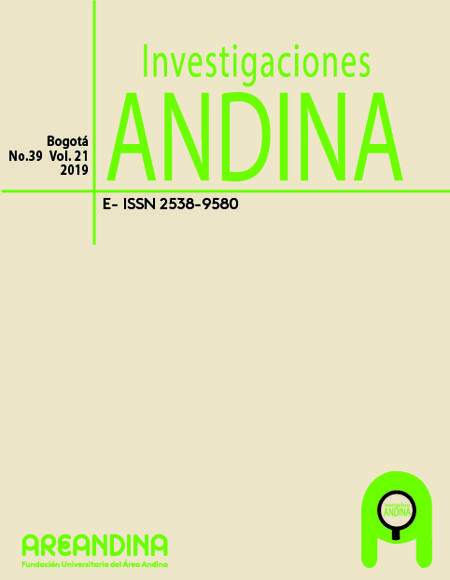
 PDF (Español (España))
PDF (Español (España))
 FLIP
FLIP




